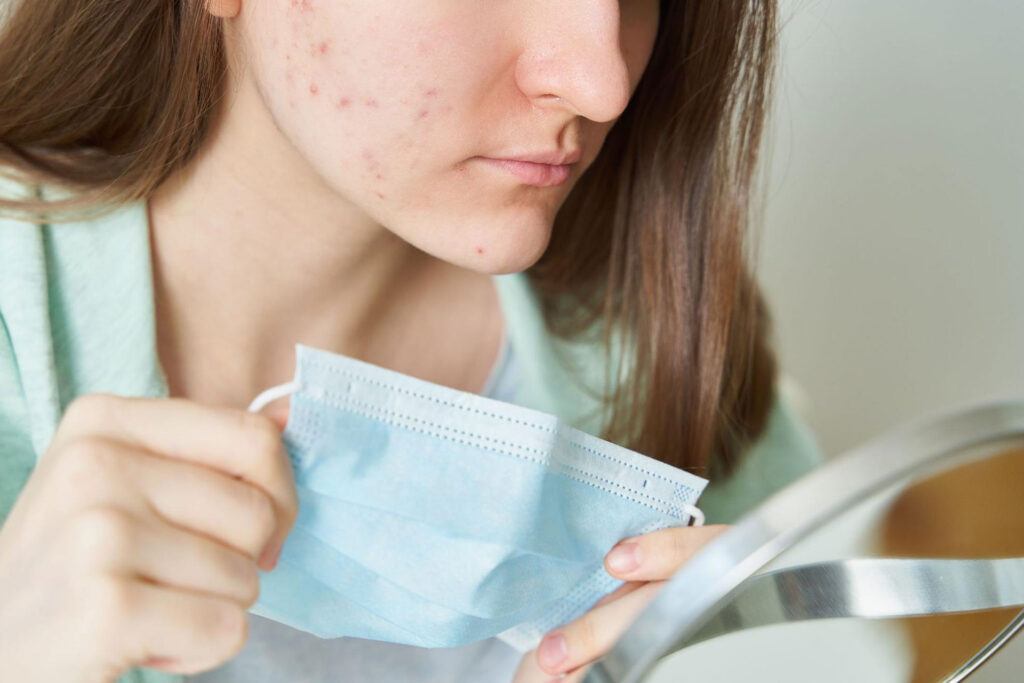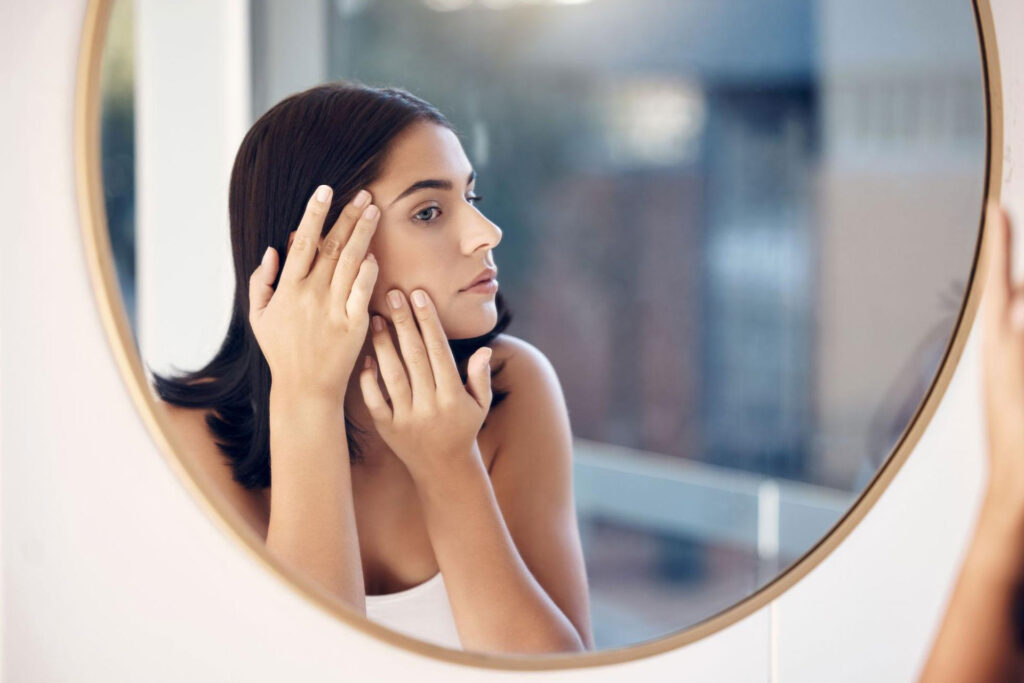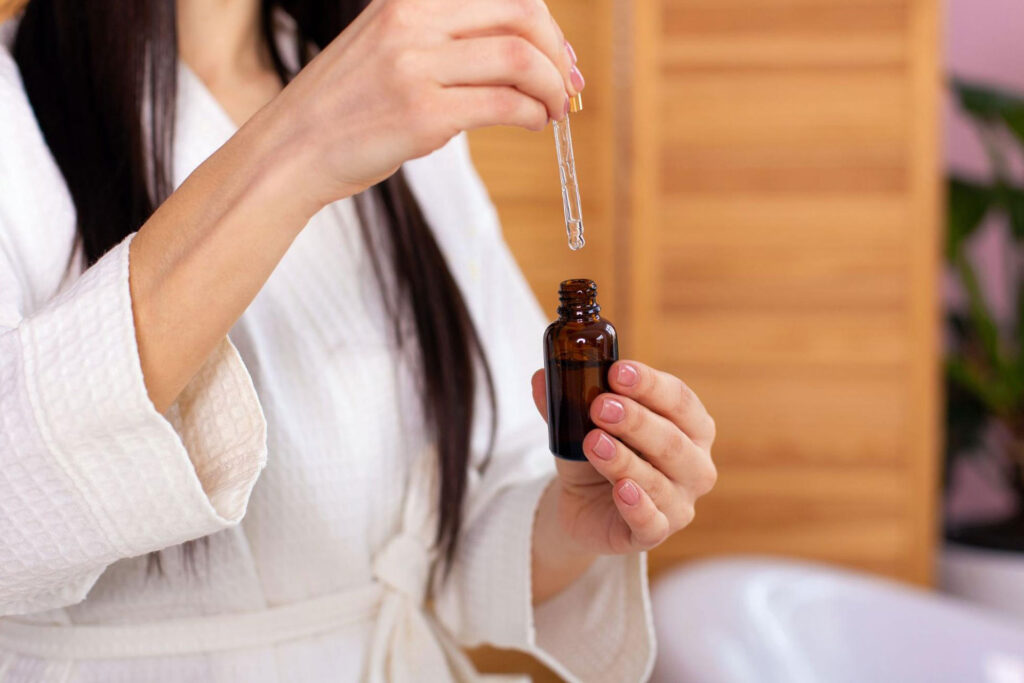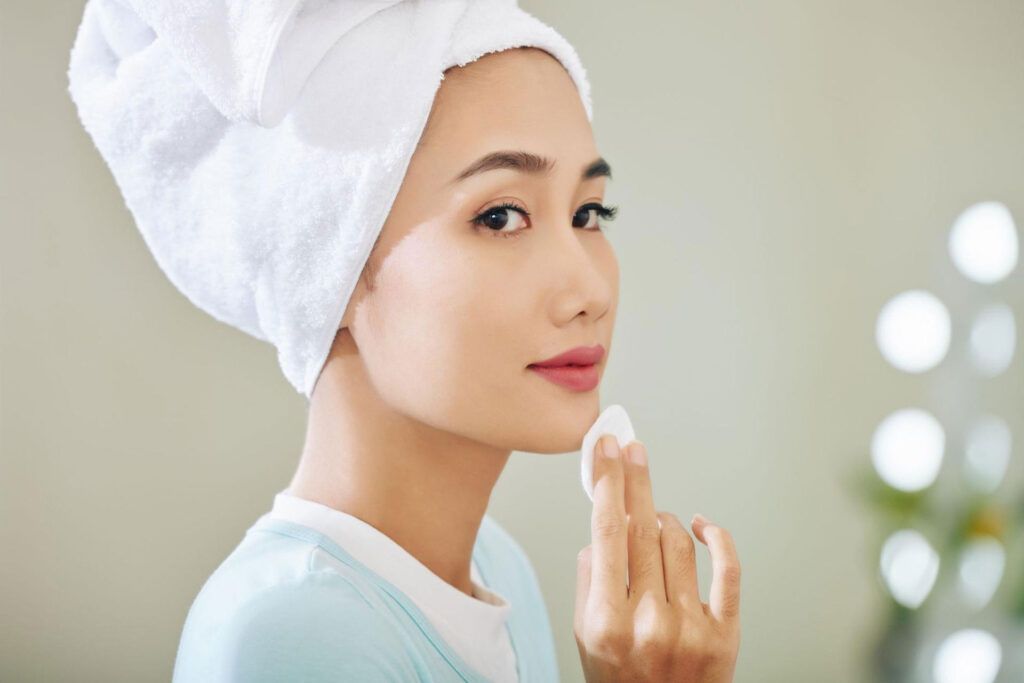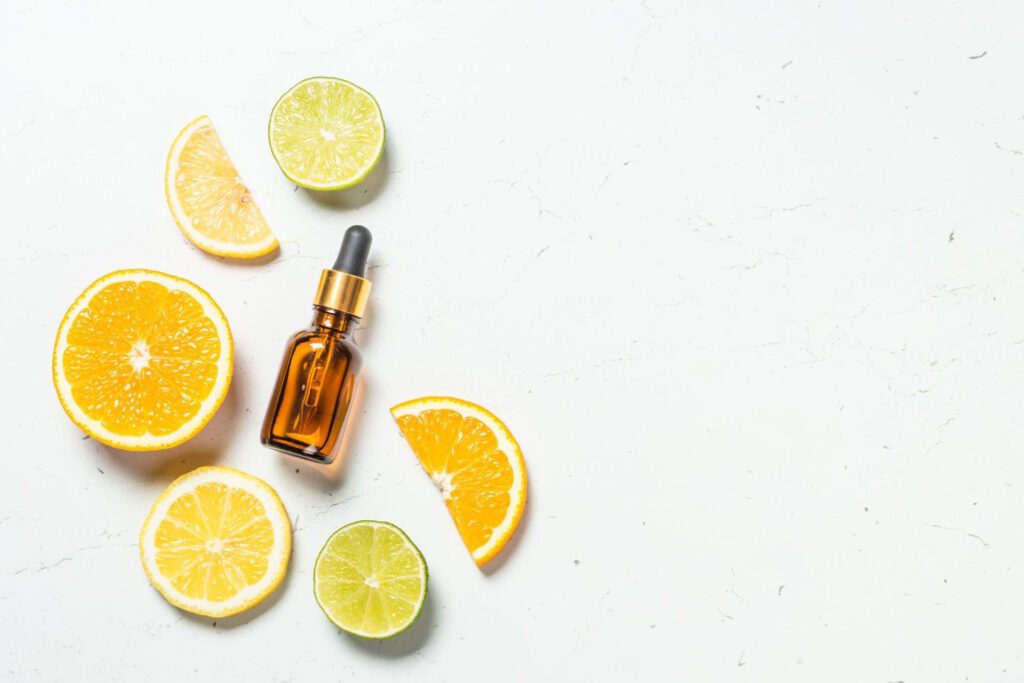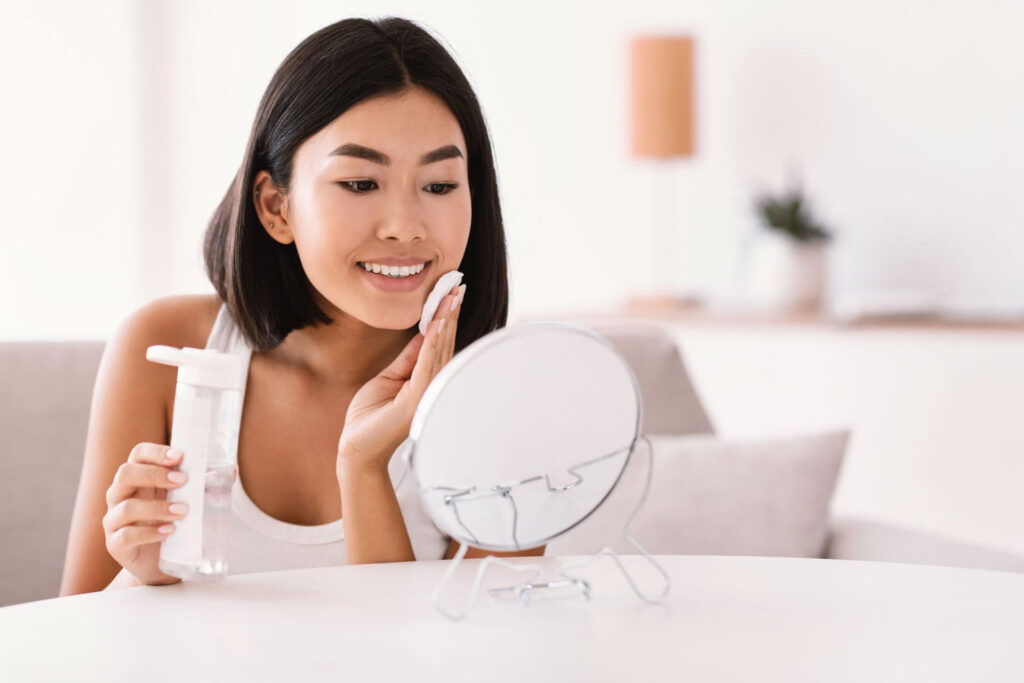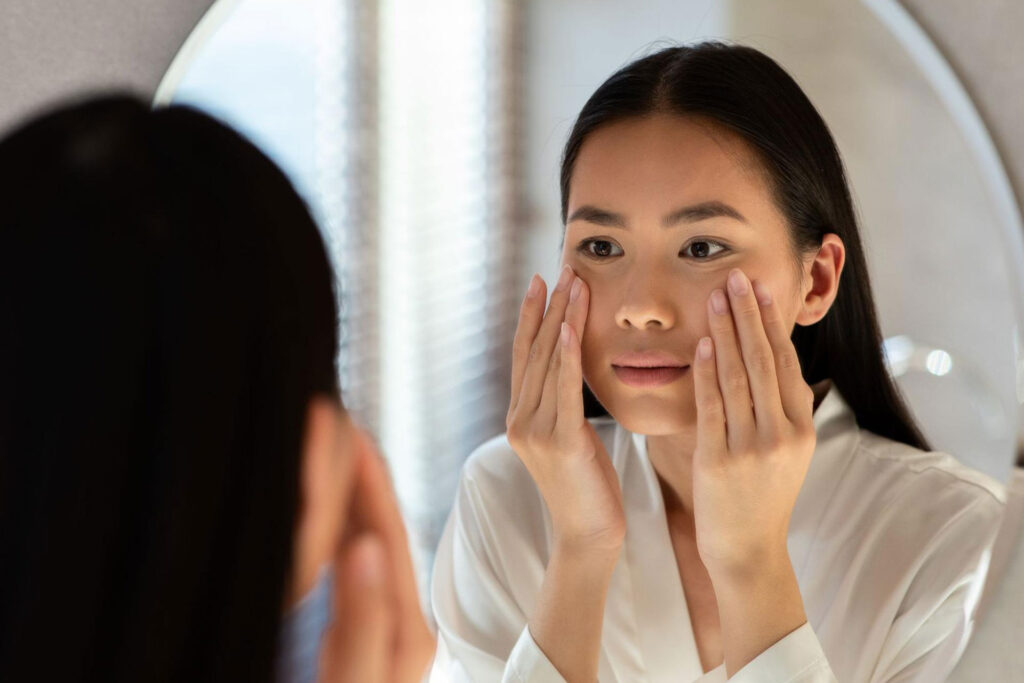The 11 Skin Care Mistakes You Need to Stop Doing
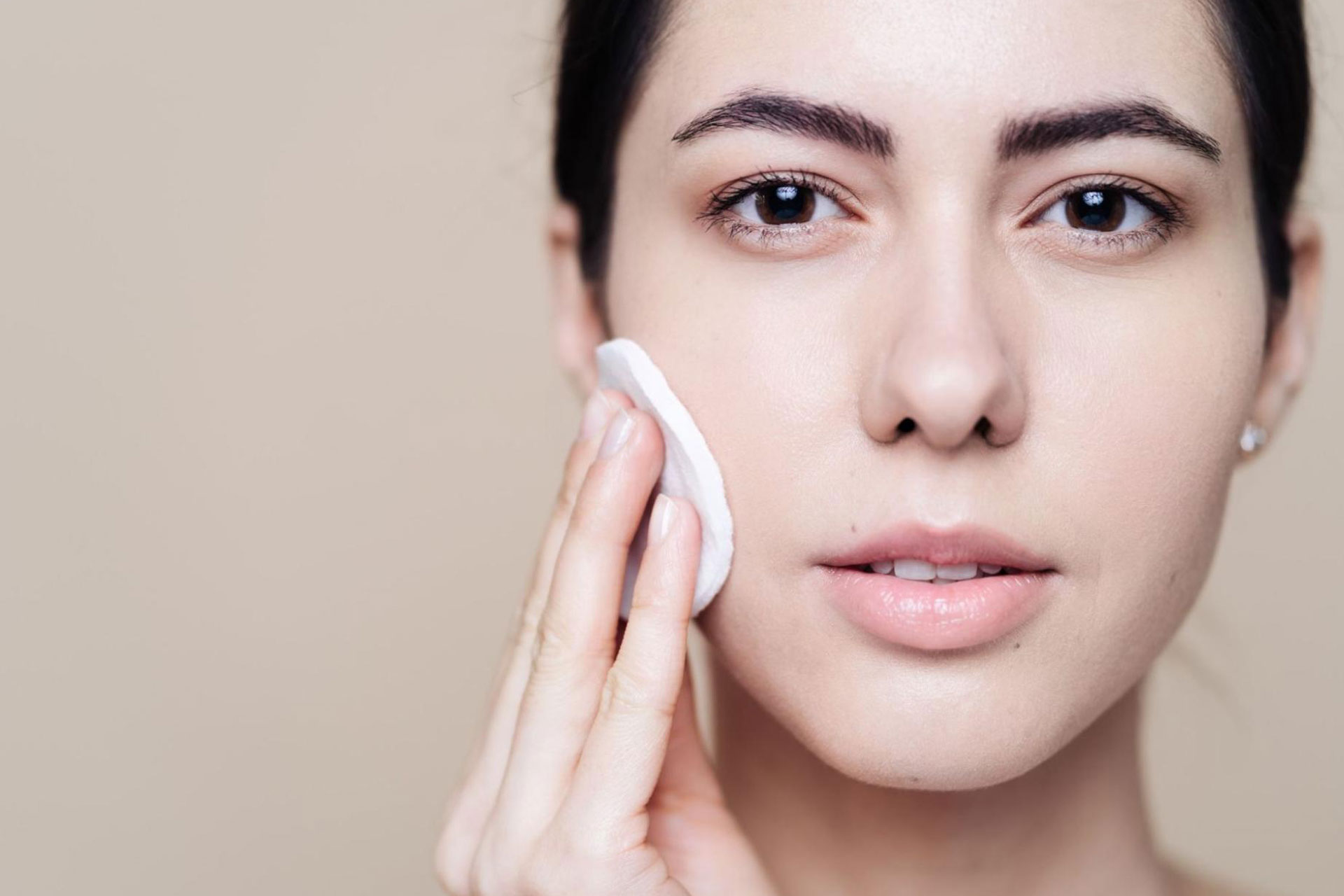
Skin care is not rocket science but it needs consistency to be able to develop promising results in the long run. Aside from eating healthy food, exercising, and getting at least 7 to 9 hours of sleep daily, incorporating a skincare routine into those healthy practices can bring great results to your skin. However, some may find it too time-consuming or unnecessary because you will need to create a skincare routine in addition to all the other routines you have in a day. Some people also think that you’ll get instant results within just a few days of building a skincare routine, hence leading them to do harsh things to their skin. Lack of knowledge in doing proper skin care can hinder you from achieving healthy, glowing, and youthful skin.
If you think you’ve done all the right things to take care of your skin, but it’s not quite showing the results you expect, you may be doing something wrong in the process that you’re not aware of. So to help you with that, here’s a list of skincare mistakes you need to stop doing:
1. Not Learning Enough About Your Skin Type
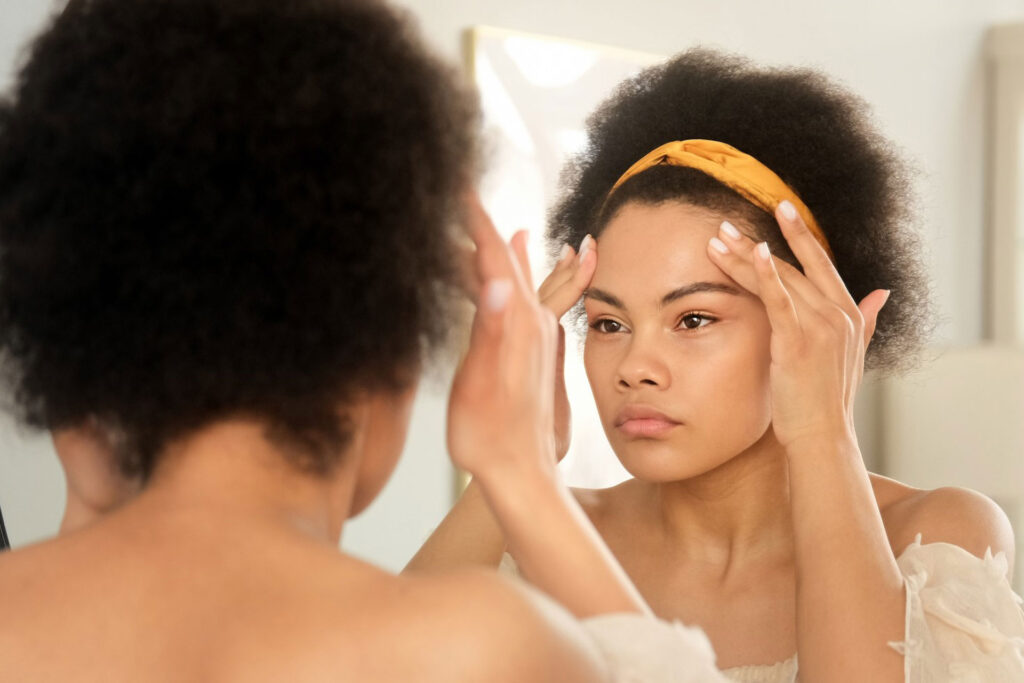
Your skin type has a lot to say about the kind of skincare product you can use. Oftentimes, we bite into commercials or beauty ads that say encouraging lines to help us get the results we want for our face, but it’s not always the case. Not being aware of what your skin type is and not learning more about what best suits it may cause trouble to your skin. Keep in mind that if the product and its ingredients don’t sit right with your skin type, it will not be as effective as you would expect it to be. On top of that, you’ll just be spending too much on a product that doesn’t even work without getting any good results in return.
That’s why it’s essential to know your skin type first before you splurge into different skincare products. Doing this helps you avoid damaging your skin and spending money on the wrong products.
2. Skipping Your Sunscreen
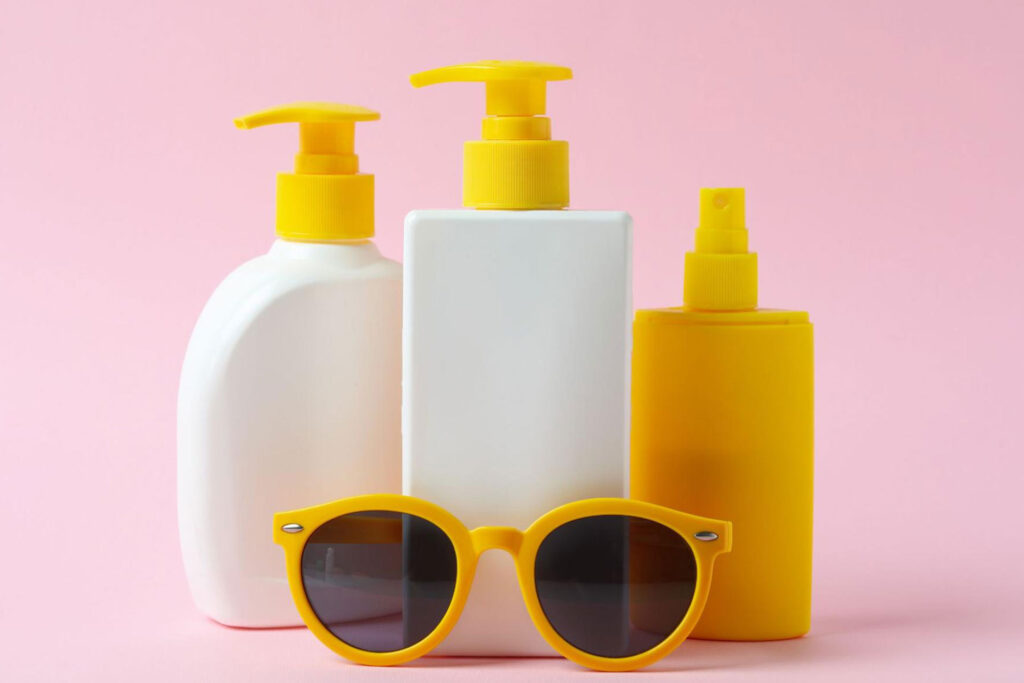
Wearing sunscreen isn’t only applicable when you’re at the beach, but it’s also worn when you’re going to the office, doing an errand, or staying indoors. Well, it should basically be a part of your morning skincare routine. Going out without UV protection or SPF makes your skin more susceptible to damage. Even on days when you’re staying indoors, you should wear sunscreen on your face and on your body because harmful UVA rays can still pass through glass windows. Light from gadgets such as computers, laptops, smartphones can also damage and cause lines and wrinkles on your skin because of the UV light coming from the screen. So if you’re using these devices for a prolonged period of time in a day, you need to apply sunscreen on your face. Bottom line: never skip your sunscreen!
It’s advisable that you use a mineral sunscreen instead of a chemical sunscreen. Physical sunscreens or mineral sunscreens have active ingredients such as zinc oxide and titanium dioxide that are found to be safe and act as a reflective barrier that spreads UV rays even before they penetrate the skin. This type of sunscreen causes less irritation and may be suitable for people with sensitive skin types. Although, take note that physical sunscreens tend to leave a white cast on your face so you will have to do trial and error on different variants until you find the right one. Chemical sunscreens, on the other hand, have health risks because of the active ingredients found in them such as oxybenzone, homosalate, avobenzone, octinoxate, octisalate, and octocrylene. These ingredients are known to be absorbed into the body after one use and can be detected on the skin and in the blood after weeks of constant use.
3. Overwashing Your Face
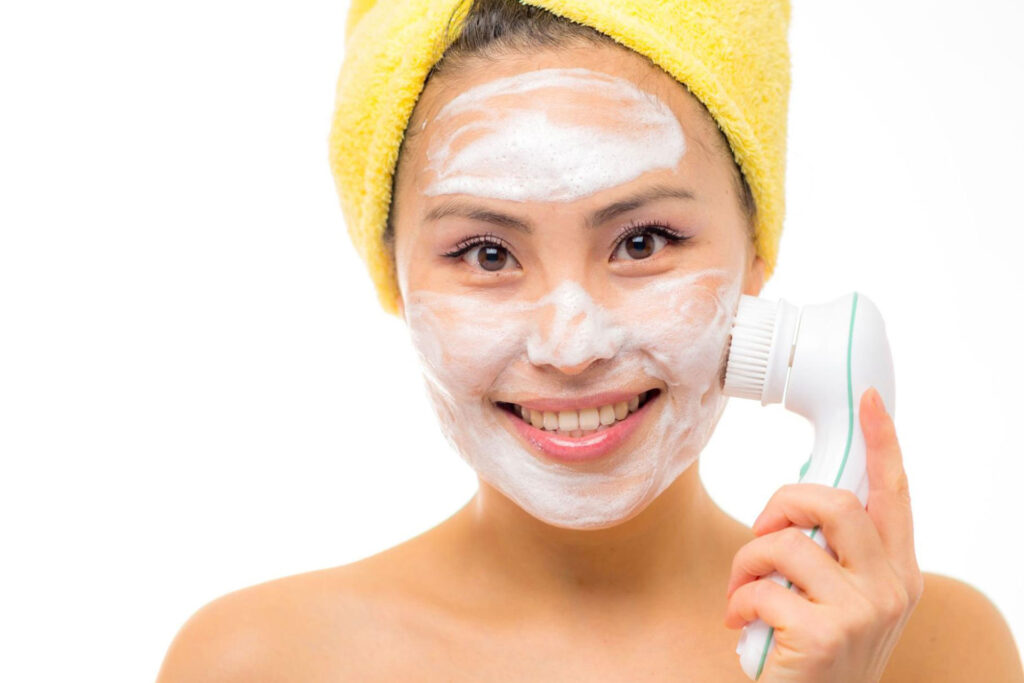
Many of us, before we got into practicing proper skin care, may be guilty of this mistake. Your face may feel clean and less oily but overwashing it actually harms your skin more than it takes care of it. Everything has to be in moderation.
Washing your face too much strips away the good moisture from your face, causing your skin to be more acne-prone and produce more oils as you go by. This also irritates the skin even more. It’s highly advisable that you only wash your face twice a day with a gentle cleanser.
4. Not Moisturizing Enough
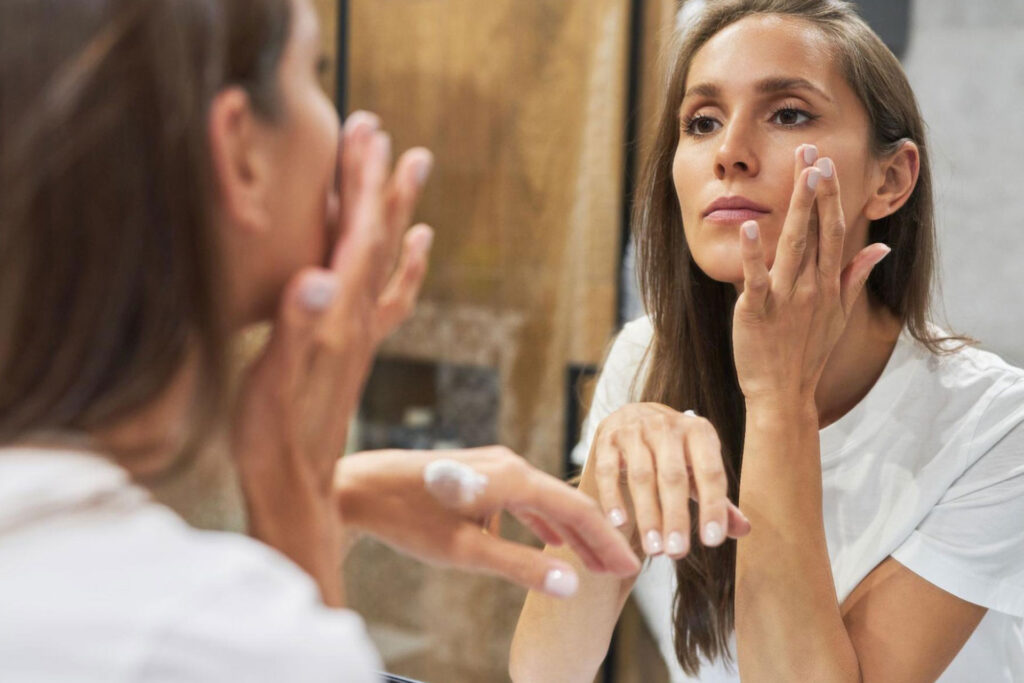
If you have an oily skin type, you may feel like you don’t need to moisturize that much to avoid feeling too oily. But it’s actually a skin care mistake that you may be doing for a long time — and now’s the time to break it. Contrary to what you’ve been used to, moisturizing daily is advisable even for people with oily skin because it aids in the hydration of the skin and keeps the moisture balance. Not moisturizing enough causes an increase in oil production and loss of moisture. This causes your skin to look more oily and be more prone to acne.
The trick here is to opt for a moisturizer that’s water-based, non-comedogenic, lightweight, and oil-free. In addition, avoid using the same moisturizer for your day and nighttime routine. This is for the reason that daytime moisturizers have SPF that serves as a protection from UV rays, while nighttime moisturizers have ingredients such as retinoids and glycolic acid that are meant to be used during the night because they can cause your skin to be sensitive to the sun, leading to a damage-prone skin. Night-time moisturizers also don’t have SPF and are typically richer, which are not well-suited if you’ll be going out on a hot and sunny day. It may sound unnecessary to have two different moisturizers, but if you want to reap the benefits, it’s best that you get two different moisturizers that address your needs at either time of the day.
5. Using Products With Harsh Ingredients
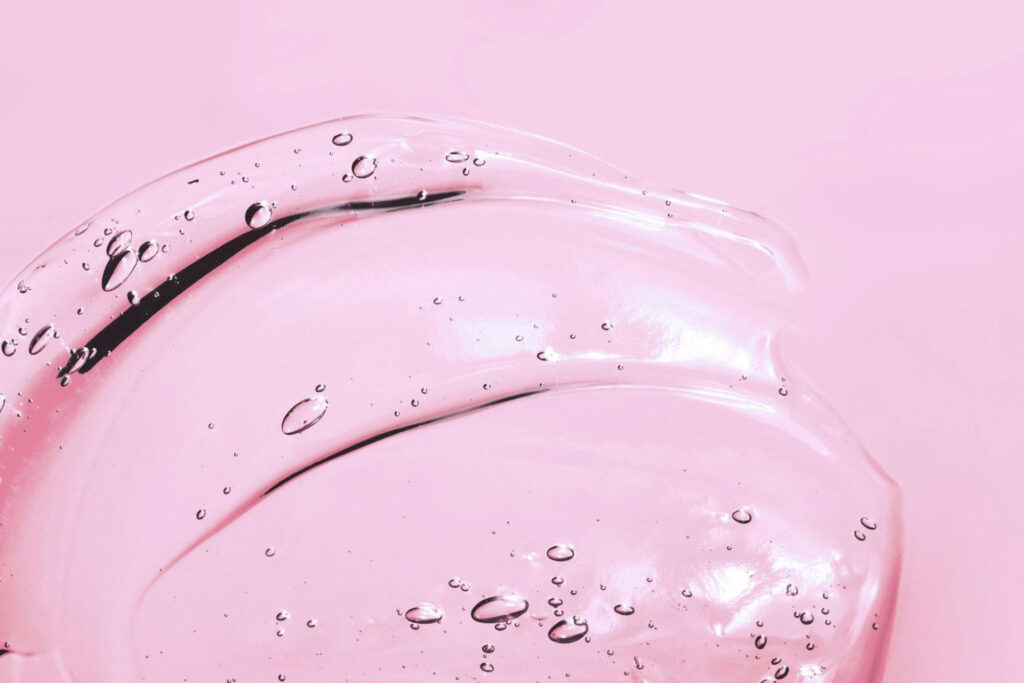
When looking for skincare products, especially if it’s your first time trying that kind of product, it’s best to check the ingredients before you buy them. This helps you avoid using products that can bring damage to your skin. As sad as it may sound, your favorite skincare and makeup product may contain some harsh ingredients that are not doing any good to your skin, and can eventually irritate it. Keep in mind that not all products you see on the market are safe to use.
If you have sensitive skin, you should opt to use cleansers, toners, serums, moisturizers, and sunscreens that have mild ingredients and are gentle to the skin. Avoid skincare products that contain alcohol, paraben, and fragrances as they tend to irritate the skin and dry it out. The same goes for people with dry skin. Using products with harsh ingredients strip away the good moisture – and like what we mentioned previously, this leads to more oil production, resulting in acne.
AHA, BHA, and salicylic acid are also skincare ingredients known to help exfoliate the skin, peeling away the surface of your skin to create a smooth texture, however, you must still use them with caution and in moderation. See to it that you moisturize properly when you’re using products with active ingredients like these. Don’t forget to do a patch test on the skincare product before you use it on your skin to avoid a negative reaction.
6. Not Checking the Compatibility of the Ingredients
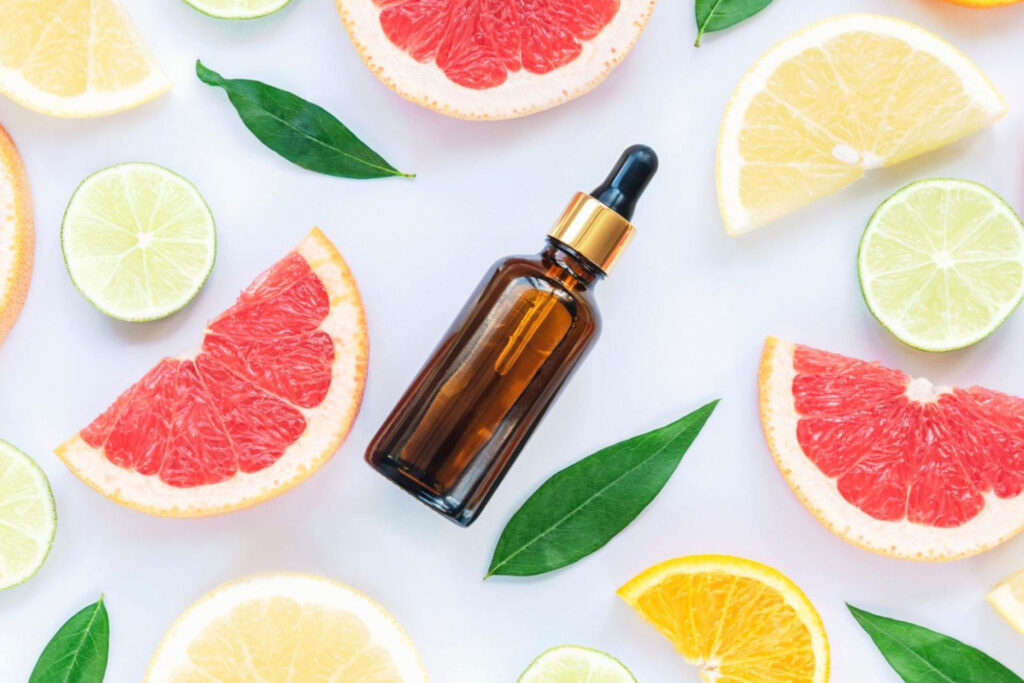
Not all skincare ingredients are compatible and can be combined with other ingredients. No matter how safe they are individually if they don’t mix well with the active ingredients of other products, they will have a negative reaction on your skin. You need to do your research first before splurging on the next skincare product you want to try.
So what are the skincare ingredients you shouldn’t mix?
- Retinol and Vitamin C
- Vitamin C and Niacinamide
- AHAs and BHAs and Retinol
- Retinol and Benzoyl Peroxide
- Niacinamide and AHAs and BHAs
- Glycolic Acid and Salicylic Acid
- Oil-based Products and Water-based Products
- Vitamin C and AHAs and BHAs
- Vitamin C and Retinol
- BHAs and Benzoyl Peroxide
7. Over-Exfoliating and Not Exfoliating At All
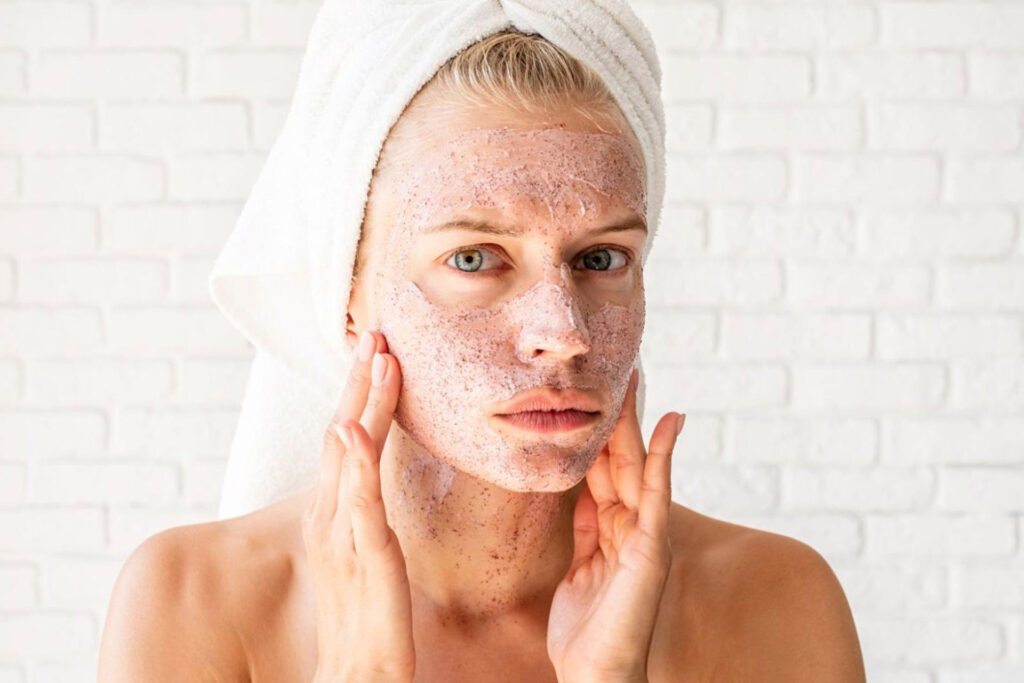
Over-exfoliating and not exfoliating at all – you may be guilty of one or the other. Some people may think that exfoliation is unnecessary since you already have a cleanser to wash off what you need to remove. But cleansers don’t necessarily have the full capacity to exfoliate your face since it’s made to target the removal of dirt and dust on your skin. Exfoliators are the ones responsible for removing dead skin cells that got stuck on the surface of your skin. They help reveal a youthful, smooth, and glowing skin. Cleansers and exfoliators basically work together to remove build-ups on your skin that can cause irritation and damage.
Generally, there are two types of exfoliation methods: physical and chemical. Physical exfoliation is removing dirt and dead skin cells manually using small grains, scrub particles, or brushes. Chemical exfoliation doesn’t make use of any device, instead, it uses acids such as AHA and BHA. Since chemical exfoliation doesn’t involve rubbing or scrubbing the face, it’s considered to be safer and less damaging compared to physical exfoliation. However, you can’t just randomly pick a type of exfoliation method without thinking about your skin type. It’s highly suggested that you learn which type of exfoliation method best fits your skin type. In addition, experts advise that you should exfoliate at least 2 to 3 times per week.
What will happen if you don’t exfoliate?
With the vast exposure of adult skin to many pollutants, it’s prone to dirt and excess oil build-ups. If you don’t exfoliate, your pores get clogged and dead skin cells get stuck on the surface of your skin, causing acne breakouts and visible redness, aging, and flaking.
What will happen if you over-exfoliate?
Too much is bad, of course. That’s why when you over-exfoliate, it causes redness and irritation to the skin, and worse, acne inflammation. It strips away the natural oils of your skin, leaving it dry and bare, and more susceptible to damage. Some signs that you’ve already over-exfoliated are peeling, flaking, redness, acne inflammation, and immoderate smoothness and shine of the skin.
8. Relying on Makeup Wipes
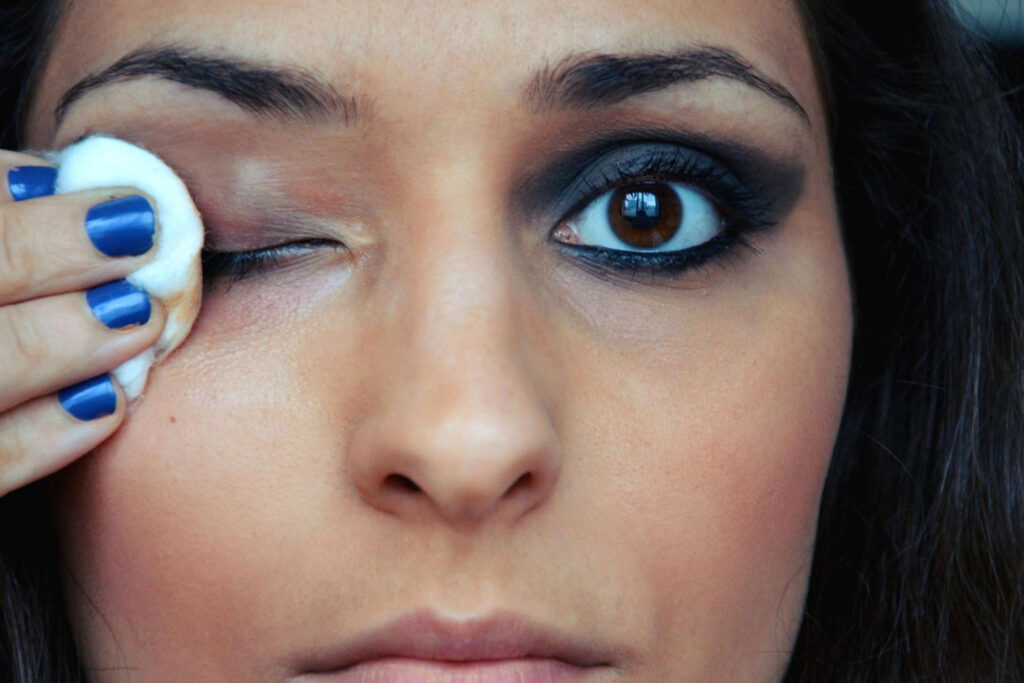
While face wipes may seem convenient and travel-friendly, they’re not the best option to properly remove makeup on your face. It’s important to remove your makeup properly before you cleanse because if you don’t, makeup residue will stick on your face, causing your pores to get clogged in the process. Makeup wipes are made with harsh chemicals that disrupt the pH balance of your skin and are not entirely created to cleanse the skin, which means that there will still be makeup residue left on your face every time you use makeup wipes. On top of that, it leaves your skin more prone to breakouts and irritations.
Instead of using makeup wipes, opt for double cleansing. This involves using an oil-based cleanser (micellar, balm, or cleansing oil) prior to washing with a regular cleanser. The oil-based cleanser helps remove the makeup residue and lifts away dirt and impurities that clog your pores without disrupting the pH balance of your skin.
9. Not Cleaning Your Makeup Brushes
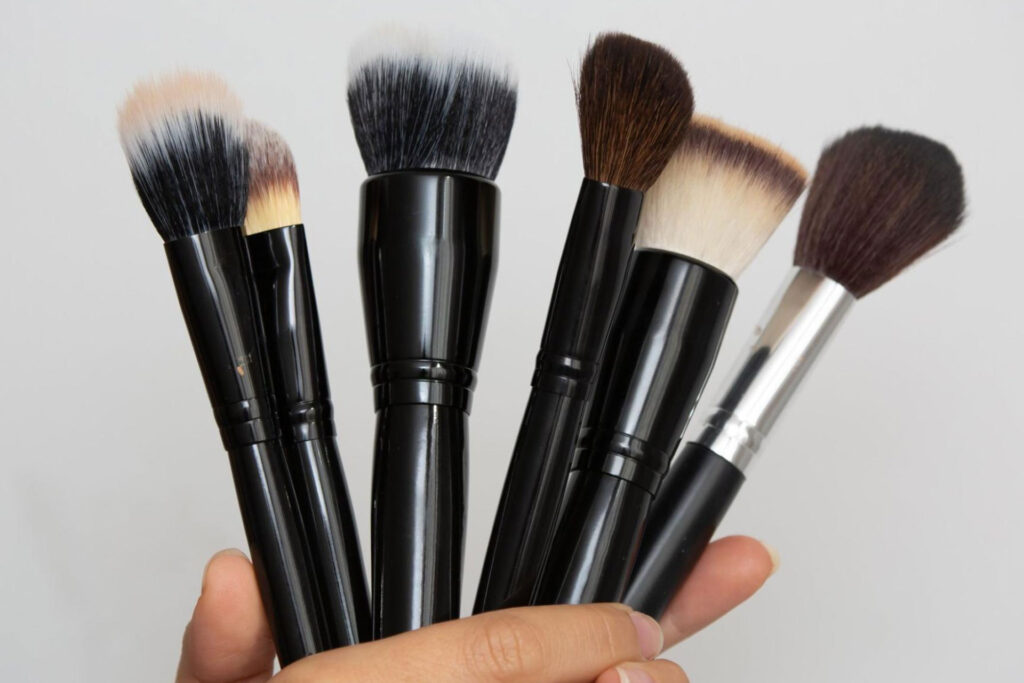
If you love wearing your makeup, listen to this: practice cleaning your makeup brushes! Your brushes are filled with dirt, oil, and bacteria that can cause damage and irritation to your skin, so it’s vital that you clean them. These irritants can cause breakouts and blemishes on your skin in just a short amount of time. Many dermatologists would suggest that you clean your makeup brushes at least once a week to avoid product build-up.
10. Putting On the Wrong Layer of Skincare Products
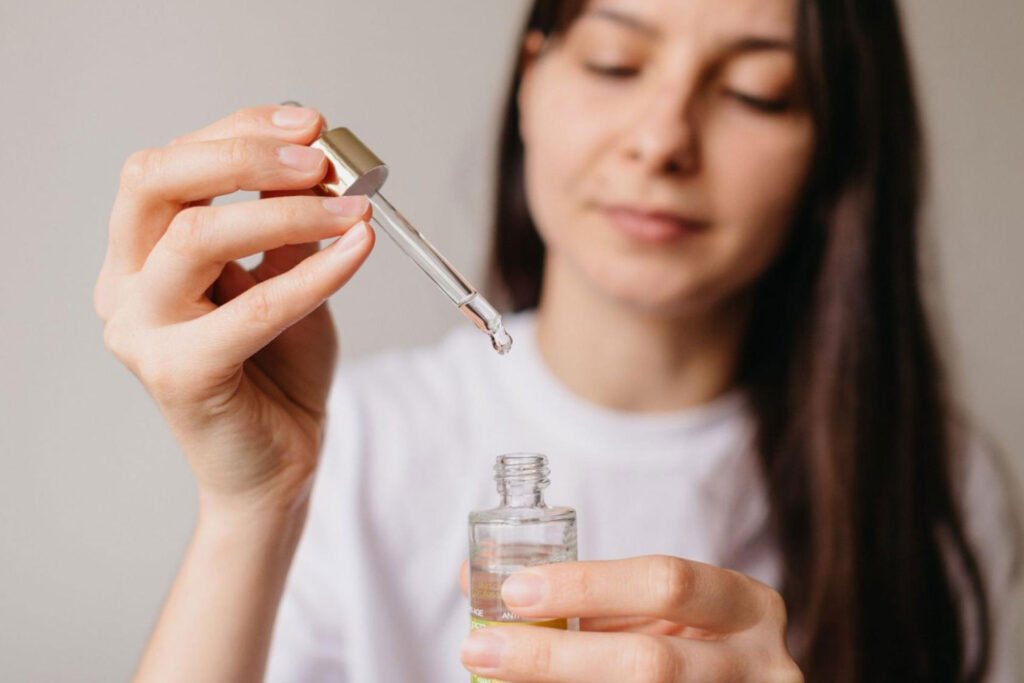
As we mentioned previously, too much is bad, and this also applies to layering your skincare products. Layering two different products with the same active ingredients causes irritation to your skin. The worst part is that you’ll keep putting on the wrong layer of skincare products without knowing that they’re fighting each other off and leaving no good effect on your skin. That’s why you should always check the active ingredients of the products you use so that you don’t end up with ones that have the same active ingredient.
11. Being Too Impatient With The Results

Nothing good comes at an instant. Likewise, skin care takes time, and for you to see promising results, you’ll need to be consistent and patient all throughout the process. Stopping halfway through the process won’t get you anywhere with the results you expect, so you have to keep going. Keep doing your research and know more about your skin type, what it needs, what to avoid, and more.
We hope this article helped you know more about the skin care mistakes you need to stop doing.
If you are looking for Skincare Products in the Philippines, visit our page, we have a variety of items for you to browse! Like our Facebook page for updates!

